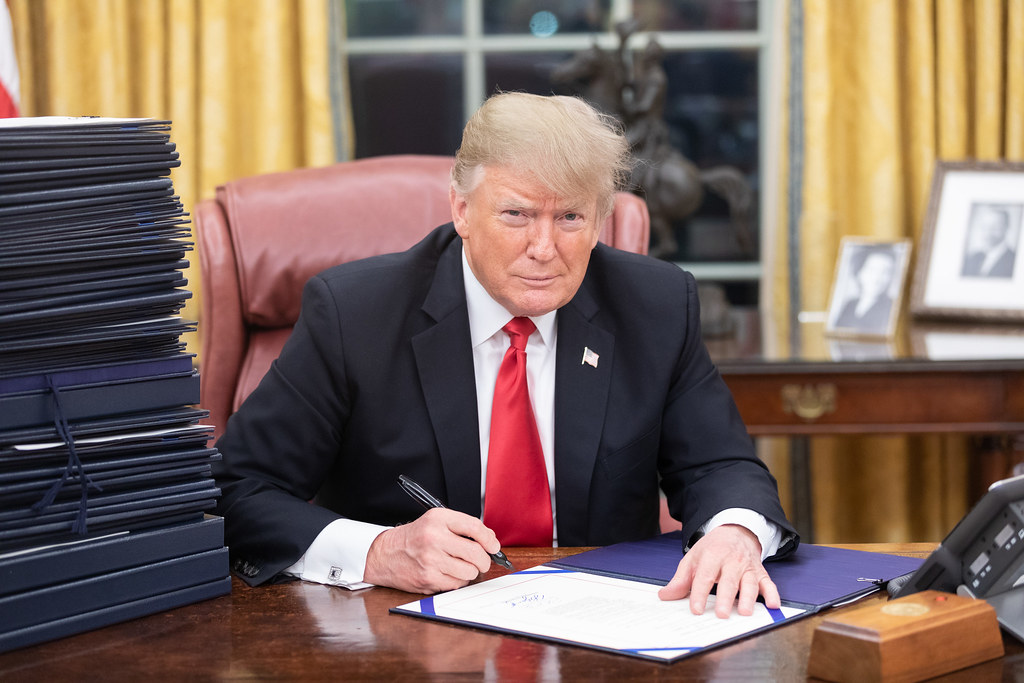Key Takeaways
• President Trump has filed a claim asking for $230 million from U.S. taxpayers
• He alleges “malicious prosecution” by the Justice Department
• His own former lawyers now lead the DOJ review of his claim
• The demand has no solid legal basis and faces major conflicts of interest
• If approved, taxpayers would foot the bill
President Trump is pressing the Justice Department to pay him $230 million. He insists the DOJ unfairly targeted him in two major probes. Yet legal experts say the Trump DOJ demand has no chance. Simply put, he must prove wrongful action without probable cause. He cannot meet that bar.
How the Trump DOJ Demand Works
First, Trump filed two administrative claims before serving as president. One claim targets the Russia investigation for about $100 million. The other seeks $130 million over the Mar-a-Lago documents probe. He says both actions violated his rights. However, he labels them “malicious prosecution.” Under federal rules, anyone can file such a claim. But settlements above $4 million need approval by the Deputy Attorney General or the head of the Civil Division.
Next, Trump returned to the White House and reappointed his own legal team. His former defense lawyer now serves as Deputy Attorney General. Another ally runs the Civil Division. These men will review the Trump DOJ demand. Meanwhile, the DOJ’s top ethics adviser was recently fired. This move removed a key watchdog over conflicts of interest.
Why the Claim Falls Flat
Malicious prosecution requires proof that authorities acted without probable cause. On the Russia probe, intelligence reports showed clear interference. Campaign contacts with Russian operatives led to convictions. Grand juries weighed the evidence and approved charges. That is textbook probable cause.
Regarding the Mar-a-Lago search, Trump’s lawyers certified he returned all requested records. When he refused to comply fully, a judge approved a search warrant. FBI agents found classified files exactly where they expected. Probable cause again existed. In short, the Trump DOJ demand fails on basic legal standards.
Who Controls the Decision
Markets usually trust independent agencies to apply rules fairly. Yet here, Trump’s own lawyers call the shots. The Deputy Attorney General led his defense in criminal cases. The Civil Division head represented Trump allies in January 6 matters. Both have strong incentives to favor their former client. Without an ethics adviser, no one will flag this conflict. Therefore, the Trump DOJ demand faces no true impartial review.
What Comes Next
First, the DOJ must acknowledge receipt of Trump’s claims. Then, the relevant office will study the paperwork. Expect a delay as officials juggle politics and legal norms. Congressional allies may demand a fast approval. Opponents will raise alarms about corruption. Public pressure could shape the outcome more than law. Moreover, media outlets will spin the story in partisan ways.
If the DOJ approves any payment, Congress might need to adjust budgets. Or the president could redirect funds from other programs. Trump has said he would give any proceeds to charity. Yet past audits found his charity claims often fell short. In fact, independent reporters verified only minimal giving compared to his statements.
How It Could Affect Taxpayers
Should the Trump DOJ demand succeed, taxpayers would fund the payout. The U.S. budget already faces deficits. Adding $230 million could force cuts or higher borrowing. Citizens might see slower infrastructure work or fewer services. Confidence in government fairness would also erode. People would question whether high-level officials can game the system for personal gain.
In contrast, if the claim is denied, the public will watch closely to see if any official faces consequences for the conflict. A solid refusal could restore some trust. However, given the stacked deck, many doubt a truly independent review will happen.
What Makes This Worse Than a Hypothetical Crime
Trump once mused about shooting someone on Fifth Avenue. That was a shocking remark but hypothetical. His current scheme is real. It threatens to shift massive public funds into his pocket. If he succeeds, every taxpayer would be a victim. The scale and impact make this demand worse than any thought experiment.
The Bottom Line
The Trump DOJ demand stands on shaky ground. It contradicts clear evidence of probable cause in both probes. Ethical conflicts plague the process. And taxpayers will bear the risk. Yet the case highlights serious gaps in federal oversight when political figures control agencies. Americans should watch closely to ensure accountability prevails over personal gain.
Frequently Asked Questions
What is President Trump asking from taxpayers?
He seeks a total of $230 million, split between claims over the Russia investigation and the Mar-a-Lago documents probe.
What does “malicious prosecution” require?
The claim must show that officials launched legal action without probable cause and with bad intent. Trump’s case does not meet that standard.
Who will review this demand?
Trump-appointed officials now lead the Justice Department offices that handle large settlement requests, creating a clear conflict of interest.
Could the claim actually pass?
Legally, it lacks merit. Politically, however, allies in the DOJ and Congress might push it forward despite the weak case.
